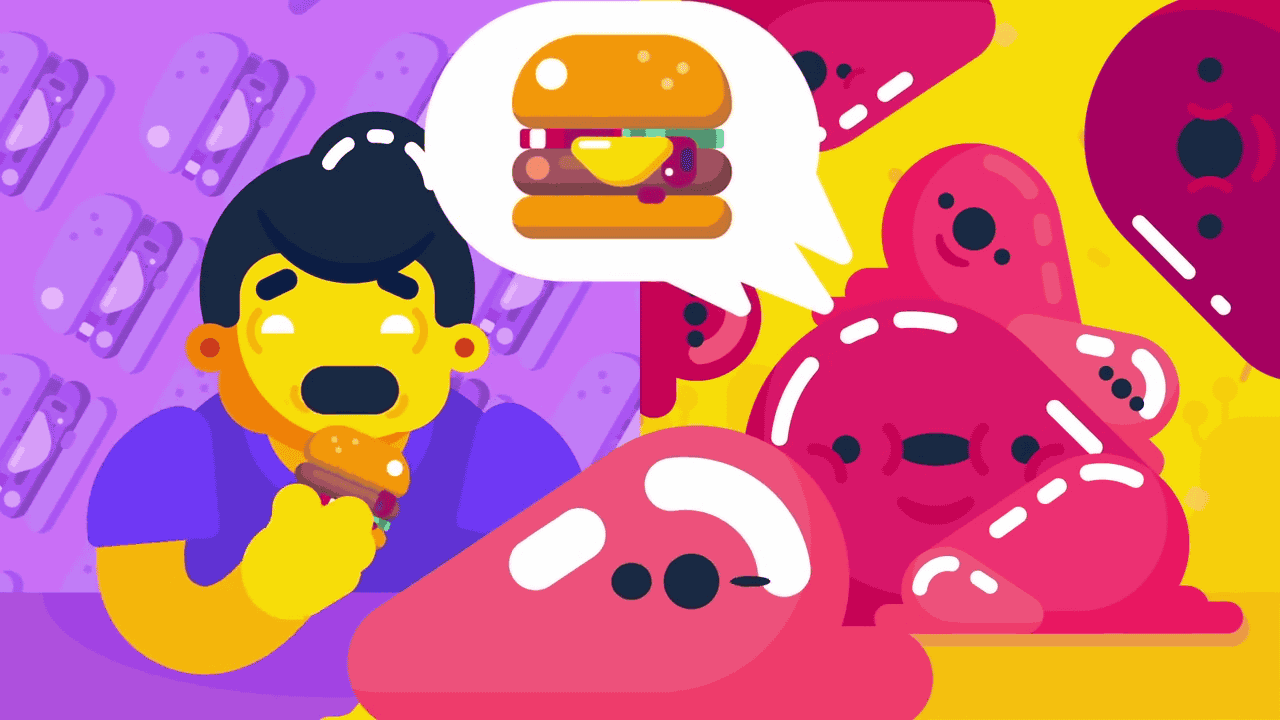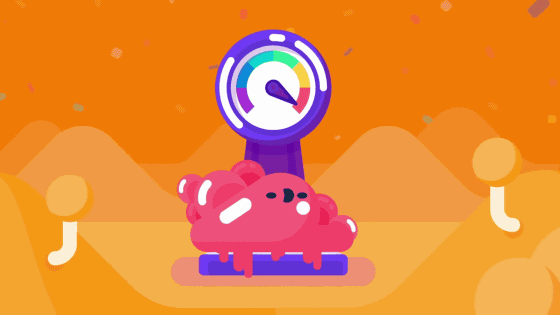Did you know that tiny living things, or microbes, are all around us? They’re on your phone, in your water bottle, and even on your skin. We can’t escape microbes, they’re everywhere.
Long ago, humans and microbes made a kind of deal. We give them a place to live and food to eat. In return, they help us out. It’s like a delicate balance of power.
Table of Contents
Our First Microbe Friends
When a baby is still inside its mom, it’s completely free of microbes.
But the moment we’re born, we’re covered in our mom’s bacteria. This isn’t bad.
In fact, it’s crucial for our health. Kids born in a different way, like through a C-section, have a higher chance of getting sick.
So, our bodies don’t just put up with these tiny life forms, they actually invite them in.

Over time, we build our own unique collection of microbes. This includes bacteria, viruses, fungi, and other tiny organisms. They can be grouped into three types:
- Passengers
- Troublemakers
- Helpers

Passengers
They mind their own business and help keep harmful microbes in check just by being there.
Troublemakers
These can harm us, but we’ve learned to live with them. For example, there are bacteria that create acid that can harm our teeth if we don’t brush them.


Helpers
Most of these are a huge group of bacteria that live in our gut. They help us digest food and keep our gut healthy.
Our Gut, the Command Center
Our gut is the perfect home for these microbes.
But, it’s also an easy target for harmful intruders. So, it’s heavily guarded by our immune system.

Our gut bacteria have learned to live with us.
They’ve found ways to communicate with our body, especially our immune system.
For example, some send messages that help our gut cells grow faster. Some even talk directly to our brain!
The Mind-Boggling Mind-Gut Connection

Scientists have found that our gut microbes can affect our brain. For example, 90% of a chemical our brain cells use to communicate, called serotonin, is produced in our gut.
It seems that our microbes are interested in keeping our brain healthy. They could even be influencing our behavior. Studies show that gut bacteria from depressed people can make healthy rats act depressed. There’s also evidence linking our gut bacteria to our intelligence and our food cravings.
But remember, it’s a two-way street. The food we eat shapes our gut bacteria.
Eating Habits Shape Our Gut Bacteria
If we eat healthily, we encourage the growth of healthy-food-loving bacteria. If we eat lots of fast food, we breed bacteria that love fast food.

Imagine you’re having a tough time and you eat lots of burgers and fries.
This is great for the fast food bacteria. They multiply and take over, pushing out the healthy bacteria.
They also signal your brain to eat more fast food. And so, the cycle continues.
Scientists think that this cycle could play a major role in obesity.
But the good news is that we can fight back.
We can reverse the cycle by eating healthily and breeding good bacteria.

Bacteria and Serious Illness

Our gut bacteria have been linked to several serious diseases like autism, schizophrenia, and cancer. One of the earliest signs of Parkinson’s disease is actually gut problems.
If harmful bacteria take over your body, sometimes the only solution is to bring in an army of good bacteria. How do we do this? By doing a poop transplant, which is exactly what it sounds like. This method is already used to treat a type of severe diarrhea.
But we still have a lot to learn. For example, a poop transplant from an overweight donor made one woman gain weight.
Learning to Live with Our Tiny Friends

We still have so much to learn about the complex relationship between our bodies and our microbes.
But one thing is clear: we need our microbiome and it needs us. We’ll never be alone in our bodies.
But we’ve gained a powerful ally in our microbes, as long as we can keep the peace.
SOURCES
To access relevant information, check out the following blogs:
- Kangaroo Math Blog for Mathematics
- Kancil Science Blog for Science
- Beaver Computational Thinking Blog for Computer Science
- Kijang Economy Blog for Economics





